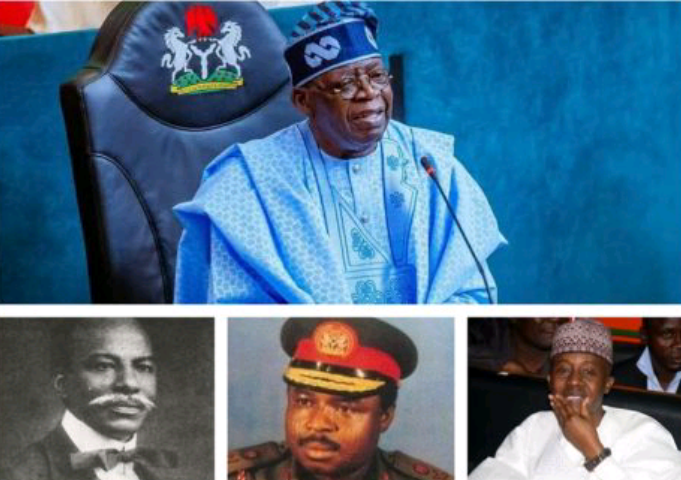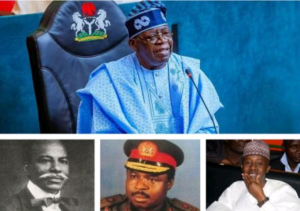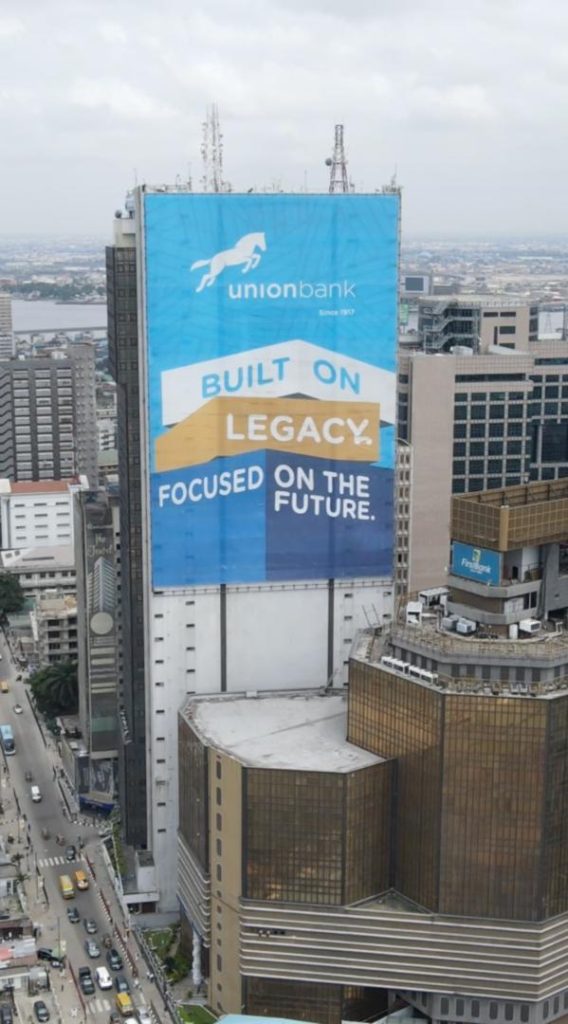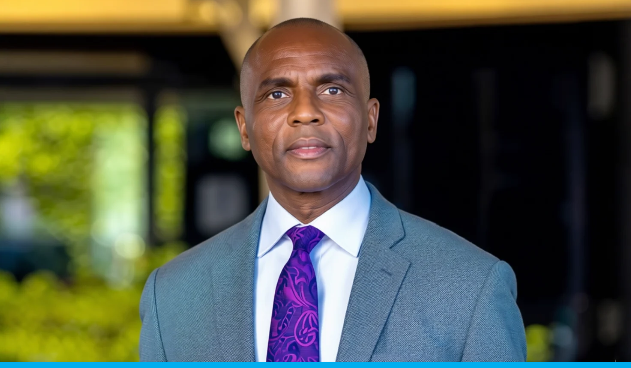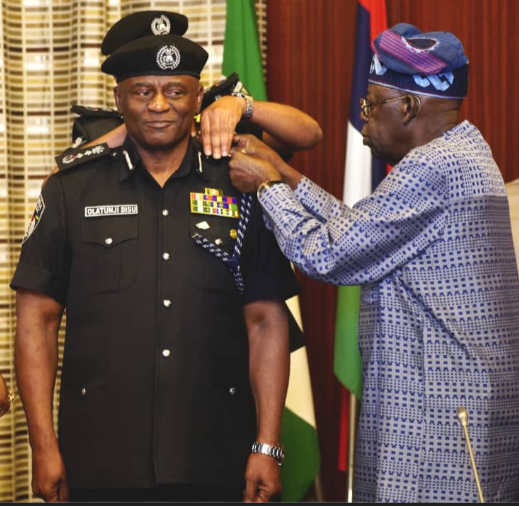President Bola Ahmed Tinubu has approved the presidential pardon of 175 Nigerians, including late nationalist Herbert Macaulay, former military officer Major-General Mamman Vatsa, and members of the Ogoni Nine, who were executed during the regime of the late General Sani Abacha.
The announcement was made by the Attorney-General of the Federation and Minister of Justice, Lateef Fagbemi (SAN), after the approval of the National Council of State, which considered recommendations from the Presidential Advisory Committee on the Prerogative of Mercy (PACPM).
Fagbemi said the committee reviewed 294 applications and interviewed 175 inmates before making its recommendations. He explained that the decision was guided by factors such as age, health, length of sentence, conduct, rehabilitation efforts and cases of miscarriage of justice.
According to him, 82 inmates received full pardons, 65 had their sentences reduced, while seven death sentences were commuted to life imprisonment. Fifteen ex-convicts, including several deceased persons, were also granted posthumous pardons.
Among those pardoned posthumously are Herbert Macaulay, regarded as Nigeria’s foremost nationalist, and Major-General Mamman Vatsa, who was executed in 1986 for an alleged coup plot. Others include members of the Ogoni Nine, environmental activists executed in 1995, as well as former federal lawmaker Farouk Lawan, and citizens such as Anastasia Nwaobia, Hussaini Umar, and Ayinla Alanamu.
Fagbemi noted that the exercise was carried out under Section 175 of the 1999 Constitution (as amended), which empowers the President to grant pardons, reprieves, or commute sentences after consulting the Council of State. He said the gesture reflects President Tinubu’s commitment to justice reform, prison decongestion, and national reconciliation.
The decision has drawn mixed reactions. While many Nigerians welcomed it as a step toward national healing and justice reform, rights groups have called for full exoneration of those unfairly convicted, particularly the Ogoni Nine, rather than a simple pardon.
Observers described the clemency as one of the most extensive in recent years, noting that it blends compassion with justice and honours figures whose legacies continue to shape Nigeria’s history.


